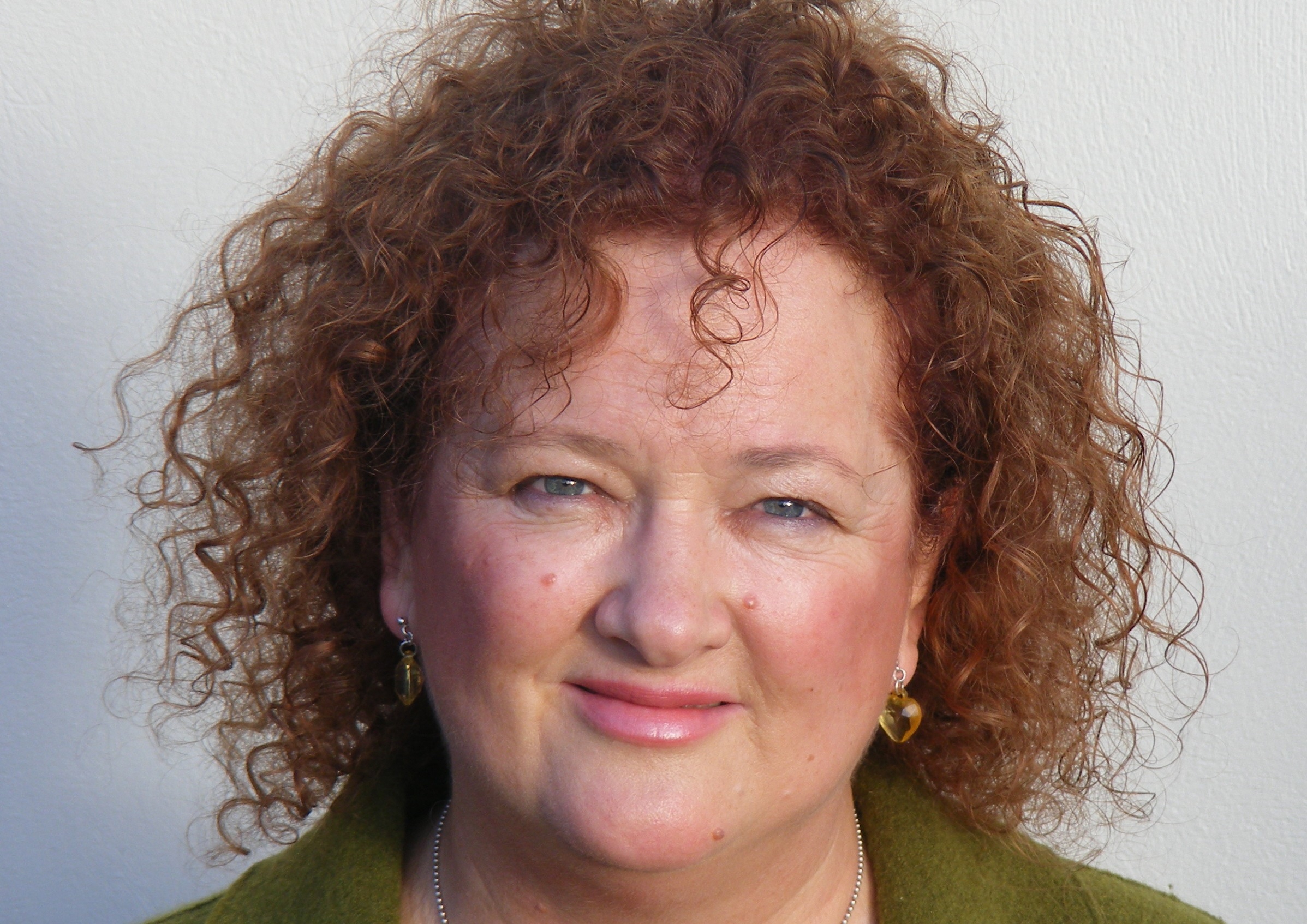The Guardian ran a "Childfree" series in July 2020, which had a positive response from over 2,000 who wanted to share their own experiences. If, like me, you made a conscious choice not to have a child, you might have enjoyed reading these first-person accounts from a variety of women. Others might have found it hard to read their stories, or were just not interested. That's the way it is - we are all different and choose to live differently and hopefully to make our own choices. But there is still a sense of moral outrage and stigma in many families and cultures around a woman choosing not to be a mother.
As a psychotherapist, I have many clients who come to discuss these challenges and how to deal with them, and to have a safe and non-judgemental space to explore the complexity of their feelings and decisions.
Some are younger women who want to discuss their thoughts away from influences and pressures that they are experiencing in their friendship group, family and/or relationship. As with any issue in any form of relationship, open and sensitive communication is key - but this may reveal a huge difference in attitudes and bring up painful and difficult emotions. Even if the subject has been discussed early on in a relationship or marriage, we know that people change, and their decisions can change too. Many women feel angry that there is a biological time limit to their choice, and also resent the pressure from the medical profession when they are described as "elderly" in relation to pregnancy at 35 or older.
When I was interviewing women without children for my MA dissertation, a number of older women said that friends and family rarely asked them about their choices and feelings. They either avoided the subject, as if assuming the conversation might be distressing, or told them how they must feel. Statements like "you'll regret it later", or "you'll never know love like it" are used unthinkingly and display an insensitivity that is out of touch with our era of gender and sexual politics.
Many clients say their anger is magnified when these comments are made by other women - particularly those who think of themselves as champions of equal rights. A woman's right to choose applies to every part of her life including the choice about whether she has children and how. Many comments and labels of women as "childless" or "childfree" ignore the reality of step-children, adopted children and many other forms of mothering, and are based on outdated ideas of relationships, family and society.
Some women feel pressured to be always available to be a babysitter to their siblings or friends' children, or to be the carer of older relatives. This is particularly felt when trying to care for a parent - many clients feel deep resentment that they are expected to drop everything as if their lives are somehow less busy or complicated. This also comes up in relation to the workplace, as they are expected to work late to complete the work of colleagues who have left early to deal with childcare problems.
If you are not sure about whether or not you want to have children, it can be helpful to try to understand and differentiate your responses. Try making a list of the thoughts and feelings that come up when you think of having a child - or not. The more you can answer for yourself - rather than responding to received ideas of and expectations - the clearer and more satisfied you will feel. You might have concerns about the future of the world; about your physical or mental health; about genetics in your family; financial worries; work or study needs; travel and other desires - and you may not be in a relationship or wish to be. The circumstances and feelings are yours - so exploring all the factors that might influence your decision are important. Come back to this list every few weeks to and see what surprises, excites or interests you.
It would be impossible to say that there is any common thread in the work I do with clients who choose not to have children - and I mostly see women, although some men also talk about this. However, the main theme is dealing with strong feelings and reactions to other people's judgements and attitudes. In our work together I give clients time to share and clarify these feelings and then to decide how they want to respond - or not. This is very specific to each situation, but the more we can talk openly and without fear of shame, the better we feel.
Amanda Stone Nash is a verified welldoing.org therapist who works online

